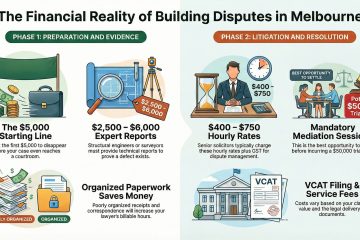Most people have an image of lawyers earning large salaries (Tv shows like Suits come to mind). However, in reality, attorneys’ wages vary widely.
Attorney earnings depend on a range of factors, including industry, firm size and specialization. In this article we explore what attorneys make and outline some of their most prevalent practice areas.
Location
An attorney’s salary consists of two components: time and legal advice. Depending on their location and industry, their income could differ substantially.
Economic factors and market demand also influence attorney salaries. When economic activity surges, attorneys may see increased demand for their services leading to higher salaries.
An attorney’s earnings also depend heavily on their specialty and firm size; family lawyers in particular tend to earn higher pay than general practitioners.
Specialization
People tend to think of attorneys working for large law firms when they think of attorneys, which is understandable as these professionals often put in long hours and make a lot of money for their hard work.
However, the legal profession is bimodal: Big Law salaries rose after the 2007 compensation hike while those working as prosecutors, public defenders or small town lawyers received much less income.
Selecting a legal specialty can have a dramatic effect on an attorney’s salary. Specialty fields like intellectual property, medical malpractice and tax law all boast their own salary ranges. Furthermore, firm size plays a part in earning potential: for large firms with more than 50 attorneys on staff the median first-year associate salary is around $190,000. Conversely, smaller law firms generally pay lower starting salaries.
Firm Size
A lawyer’s potential revenue depends on both the size of their firm and client base; for instance, one that services predominantly businesses can generate much higher revenues than one that serves mostly consumers.
Attorneys working in large firms typically enjoy higher salaries than their counterparts in mid-level and small firms; this is particularly true of associates about to become partners.
However, Altman Weil survey data suggests that promotion expenses (which include fees for client entertainment and marketing consultant services, distribution of firm brochures/announcements, directory listings/advertisements and advertising costs) vary within 10 percent regardless of firm size.
Seniority
Seniority plays an instrumental part in an attorney’s salary; those with extensive experience and an established network often command higher earnings.
Junior attorneys generally start on the Cravath scale and receive market-based bonuses; senior associates receive automatic raises depending on their length of service at the firm. This system ensures that law firms retain top talent while drawing applicants from leading law schools.
Attorneys employed in government jobs typically receive pay according to the General Schedule (GS) pay scale and accrue vacation and annual leave according to their years of service in government jobs.
Public Sector
Working in the public interest can give attorneys an extraordinary sense of satisfaction; however, their career may also present financial challenges.
The latest NALP Associate Salary Survey shows that entry-level salaries at civil legal services/legal aid organizations have only seen minimal increases since 2008. This trend also holds for local prosecuting attorney offices and public interest employers with issue-oriented missions such as those related to women’s or environmental concerns.
Many dedicated lawyers find ways to thrive despite lower public sector salaries; this is especially true of prosecutors and those working at legal aid clinics in urban areas.
Private Sector
Lawyers typically charge fees for both their time and legal advice services, however this amount varies widely among lawyers.
Salaries vary by state and city. First-year associates at large law firms in major markets can expect a median salary of $125,000 while smaller law firms provide them with an estimated mean base salary of $145,000.
Above the Law’s 2022 Solo and Small Firm Compensation Report finds that 11% of attorneys earn salaries of over $500,000 annually. These top earners boast years of experience, working in major metropolitan areas with high-profile clients and having experience to back them up.


